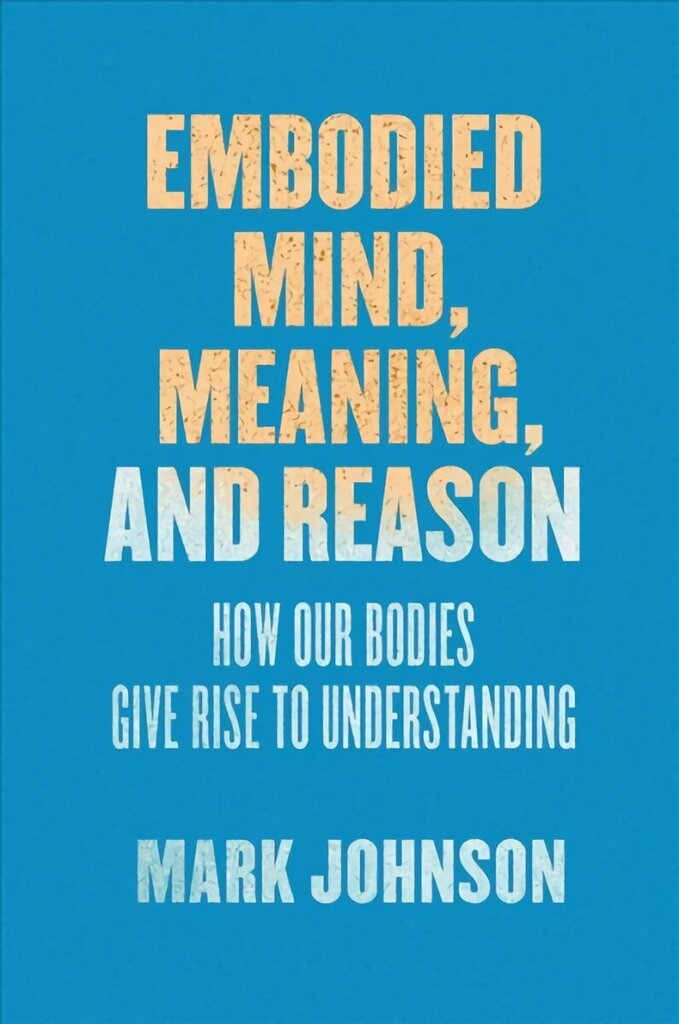Mark Johnson is one of the great thinkers of our time on how the body shapes the mind. This book brings together a selection of essays from the past two decades that build a powerful argument that any scientifically and philosophically satisfactory view of mind and thought must ultimately explain how bodily perception and action give rise to cognition, meaning, language, action, and values. A brief account of Johnson’s own intellectual journey, through which we track some of the most important discoveries in the field over the past forty years, sets the stage. Subsequent chapters set out Johnson’s important role in embodied cognition theory, including his cofounding (with George Lakoff) of conceptual metaphor theory and, later, their theory of bodily structures and processes that underlie all meaning, conceptualization, and reasoning. A detailed account of how meaning arises from our physical engagement with our environments provides the basis for a nondualistic, nonreductive view of mind that he sees as most congruous with the latest cognitive science. A concluding section explores the implications of our embodiment for our understanding of knowledge, reason, and truth. The resulting book will be essential for all philosophers dealing with mind, thought, and language.
In Embodied Mind, Meaning, and Reason, renowned philosopher Mark Johnson presents a selection of his best essays on the bodily basis of meaning, understanding, and reasoning that represents the culmination of decades of work. He argues that any viable view of the mind must ultimately rest on the ways in which human cognition, language, action, and values are grounded in and shaped by our embodiment. Johnson calls this view ?embodied cognitive theory,” which combines cognitive science, pragmatism, and philosophy of mind. He shows how meaning emerges from our embodied engagement with our environments and how both what we are able to think and reason about, as well as the very character and structure of our thought and reason, depends on the nature of our bodies and brains. Johnson also provides ?embodied” analyses of the key role of action in our capacity to conceptualize and shows how our reasoning recruits sensory-motor processes to achieve our most impressive accomplishments of creative thought. Ultimately, he argues that taking embodiment seriously launches us on a path of discovery that leads us to a rethinking of the fundamental nature of mind, meaning, thought, and language.
